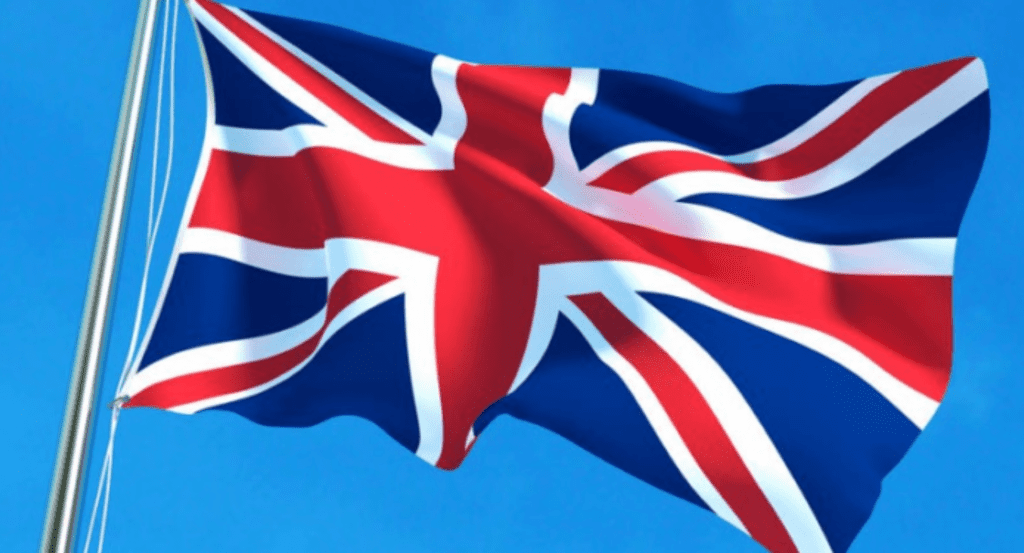Government Targets Civil Service Reform to Save £2.2 Billion
The United Kingdom’s Finance Minister, Rachel Reeves, has unveiled a bold plan to cut Civil Service costs by 15% over the next four years. This strategy is expected to save £2.2 billion annually by streamlining administrative operations that expanded during the COVID-19 pandemic.
Reeves emphasized that the government aims to redirect these savings into priority sectors, including capital projects and the National Health Service (NHS).
Civil Service Downsizing to Enhance Efficiency
According to Reeves, the government’s Civil Service cost-cutting strategy will lead to a leaner and more efficient public sector. Speaking with the BBC’s Sunday with Laura Kuenssberg, she stated:
“Last year, I put £100 billion more into capital spending than the previous government had committed to, and we allocated more than £20 billion to the NHS.”
She also criticized past Conservative policies, stating that the Labour government’s approach is vastly different. The initiative is expected to result in 10,000 fewer Civil Service jobs, with each department responsible for deciding where to make reductions.
“It’s not right to maintain COVID-era staffing increases,” Reeves noted, stressing the importance of fiscal discipline and effective public spending.
DON’T MISS THIS: Trump Champions Crypto: How His Policies Aim to Strengthen the U.S. Economy
Economic Pressures Drive Civil Service Spending Cuts
The decision to reduce Civil Service costs comes amid sluggish economic growth and rising government debt. These challenges have made it crucial for the Labour government to balance its fiscal commitments.
During her first full budget in October, Reeves pledged to ensure that government spending aligns with tax revenue by the end of the decade. However, shifting global economic conditions, including trade uncertainties related to U.S. import tariffs, have complicated these financial plans.
Speaking to Sky News, Reeves acknowledged these challenges:
“The world has changed. We can all see that before our eyes, and governments are not inactive in that. We’ll respond to the change and continue to meet our fiscal rules.”
Political and Policy Implications
The Labour government has also faced backlash over recent welfare spending cuts, aimed at saving £5 billion annually. Some Labour MPs fear that these reductions resemble austerity measures seen in previous years.
Reeves is set to outline further economic plans in her Spring Statement on Wednesday, focusing on ways to increase fiscal flexibility while maintaining key expenditures.
“As a government, we have to decide where that money is spent, and we want to spend it on our priorities,” she explained.
Additionally, the UK has pledged to increase defense spending in response to security concerns raised by former U.S. President Donald Trump. Talks are also ongoing between the UK and the U.S. regarding tariffs and the Digital Services Tax, which targets tech giants like Google and Facebook.























